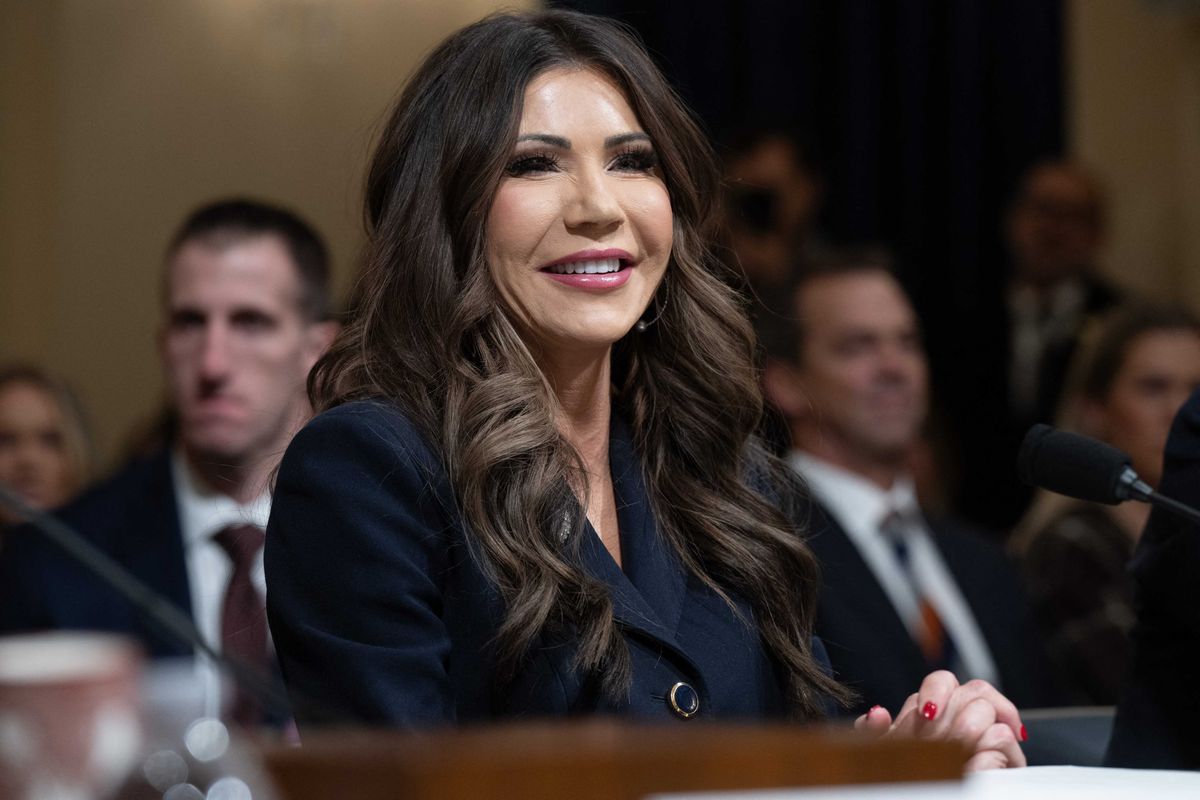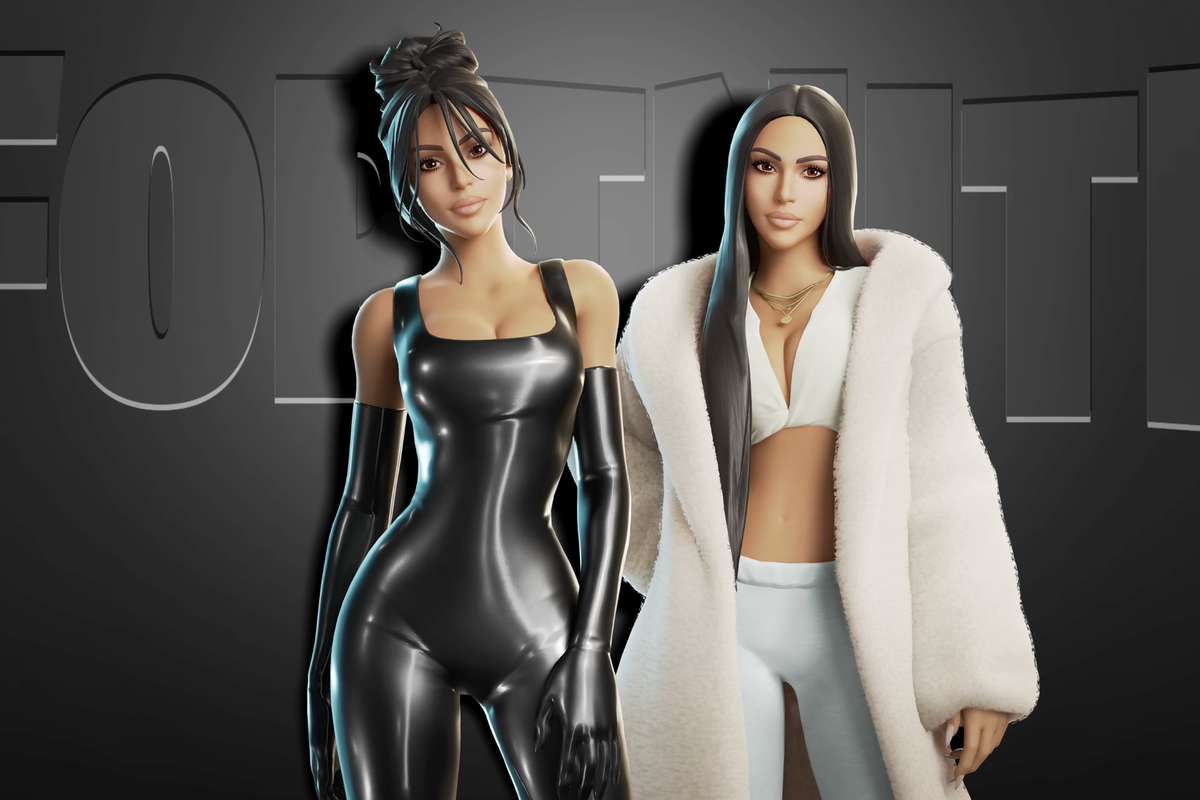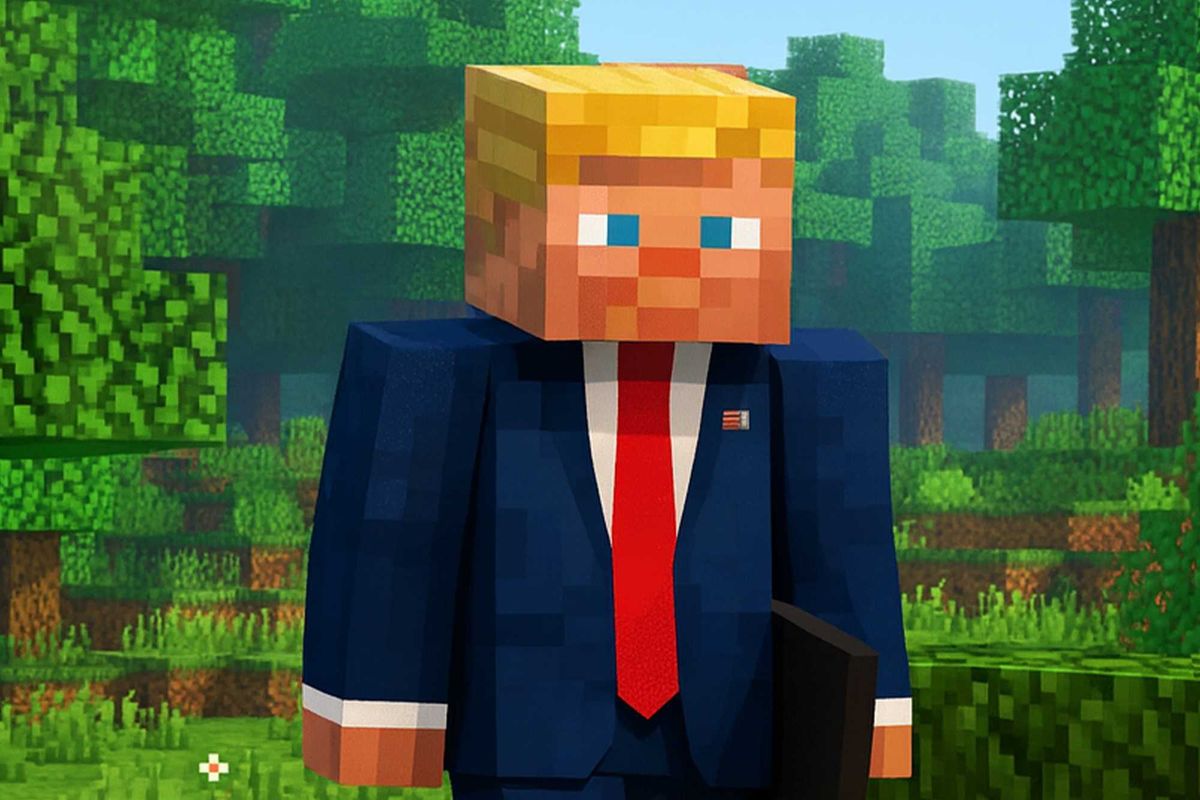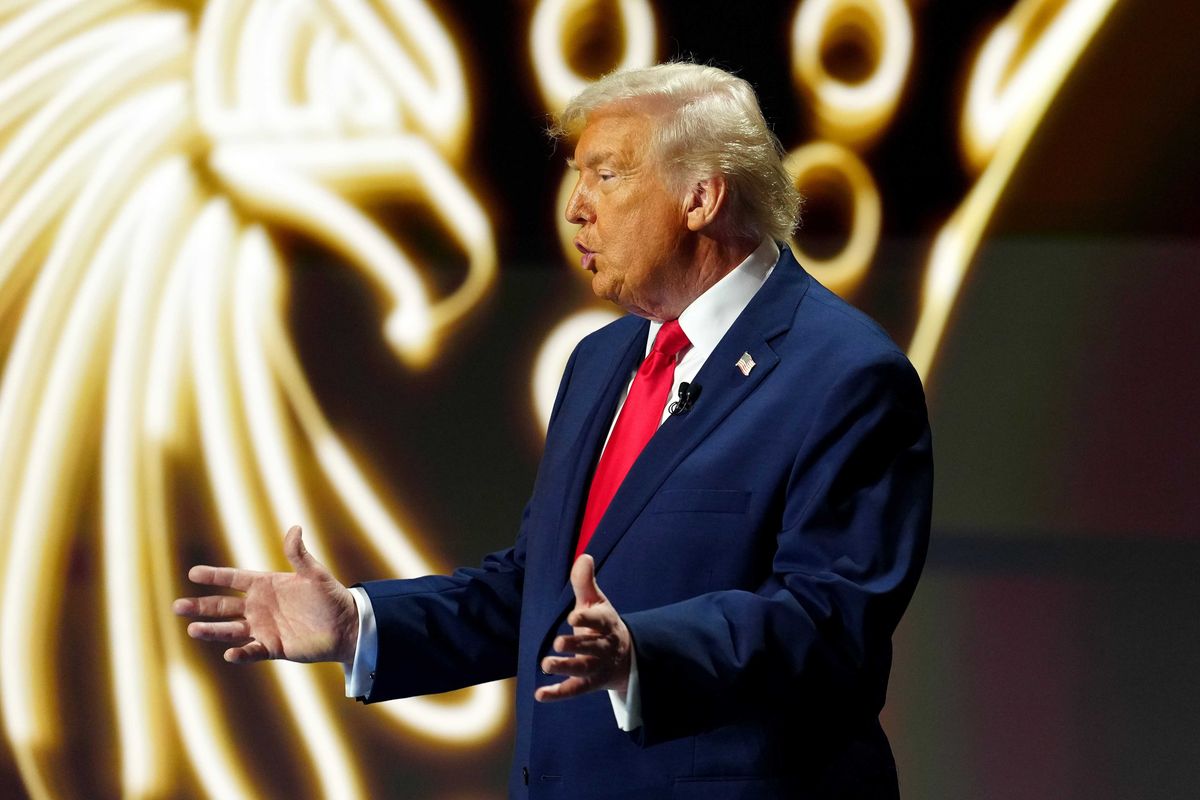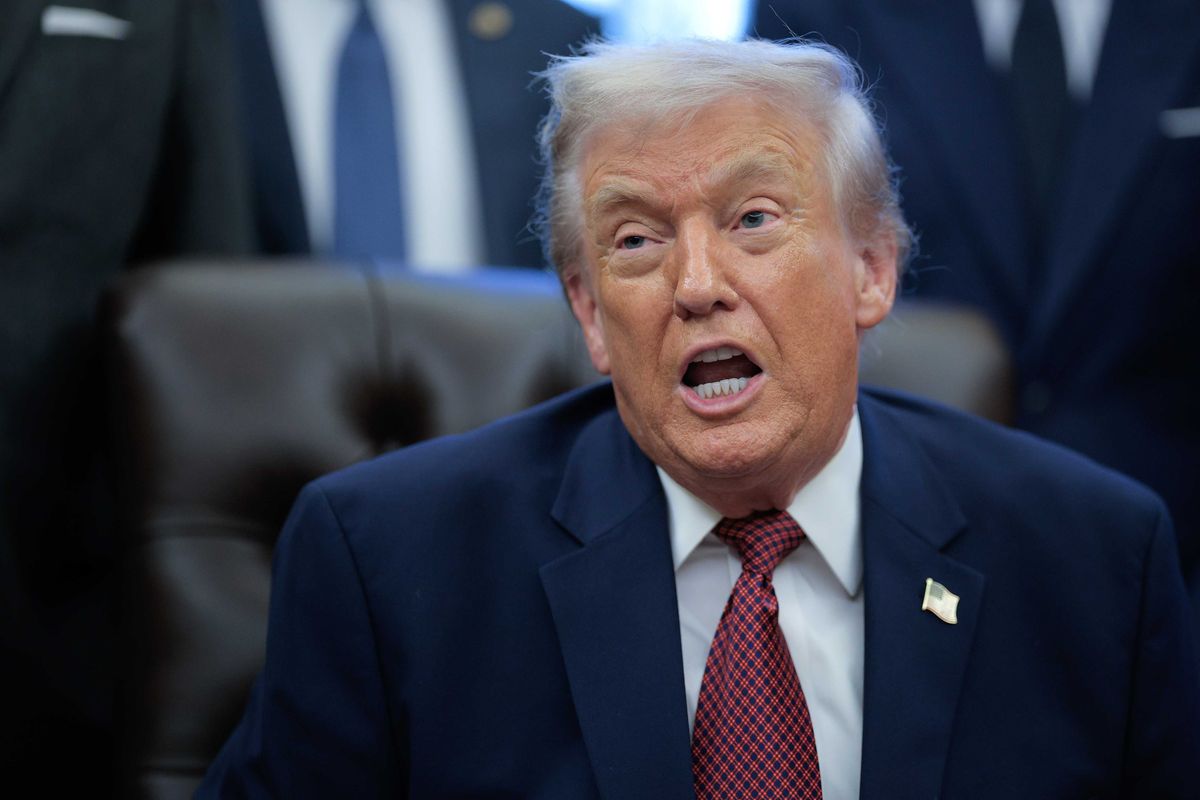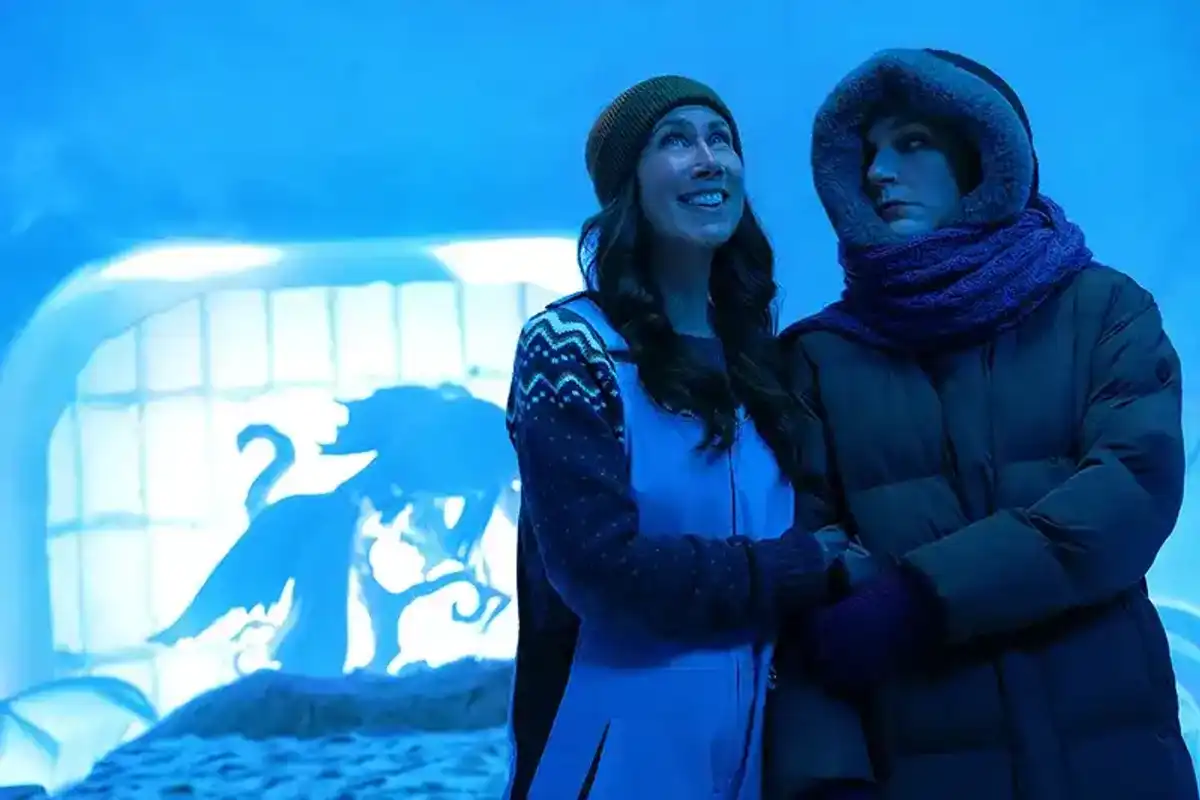Greg Evans
Aug 20, 2020
Kamala Harris made history on Wednesday by becoming the first woman of colour in US history to accept the nomination of vice president at the third night of the Democratic National Convention.
Harris who now officially joins the Democrats presidential candidate, Joe Biden to challenge Donald Trump and Mike Pence for the right to lead the United States for the next four years.
The importance of this election at what it means for America's immediate future is of America has been heavily emphasised in speeches from Jill Biden, Michelle and Barack Obama and Harris's followed this theme.
Speaking at the virtual event, Harris deplored Trump's "failure of leadership" and how the chaos that he has created has left the US "adrift." Here's what she said:
Harris began by marking the 100th anniversary of the 19th amendment which allowed women to vote and the Black women who have helped pave the way for her and others to have a career in US politics.
That I am here tonight is a testament to the dedication of generations before me. Women and men who believed so fiercely in the promise of equality, liberty, and justice for all. This week marks the 100th anniversary of the passage of the 19th amendment. And we celebrate the women who fought for that right.
Yet so many of the Black women who helped secure that victory were still prohibited from voting, long after its ratification. But they were undeterred.
Without fanfare or recognition, they organised, testified, rallied, marched, and fought—not just for their vote, but for a seat at the table. These women and the generations that followed worked to make democracy and opportunity real in the lives of all of us who followed. They paved the way for the trailblazing leadership of Barack Obama and Hillary Clinton. And these women inspired us to pick up the torch, and fight on.
Women like Mary Church Terrell and Mary McCleod Bethune. Fannie Lou Hamer and Diane Nash. Constance Baker Motley and Shirley Chisholm. We're not often taught their stories. But as Americans, we all stand on their shoulders.
Harris then paid tribute to her mother, Shyamala Gopalan Harris, a migrant from India, who arrived in the US as a teenager, fell in love and raised her daughters to be proud of their heritage.
There's another woman, whose name isn't known, whose story isn't shared. Another woman whose shoulders I stand on. And that's my mother—Shyamala Gopalan Harris. She came here from India at age 19 to pursue her dream of curing cancer. At the University of California Berkeley, she met my father, Donald Harris—who had come from Jamaica to study economics.
They fell in love in that most American way—while marching together for justice in the civil rights movement of the 1960s. In the streets of Oakland and Berkeley, I got a stroller's-eye view of people getting into what the great John Lewis called 'good trouble.'
When I was 5, my parents split and my mother raised us mostly on her own. Like so many mothers, she worked around the clock to make it work—packing lunches before we woke up— and paying bills after we went to bed. Helping us with homework at the kitchen table—and shuttling us to church for choir practice.
She made it look easy, though I know it never was. My mother instilled in my sister, Maya, and me the values that would chart the course of our lives. She raised us to be proud, strong Black women. And she raised us to know and be proud of our Indian heritage.
She continued and expressed how her mother had taught her the importance of family.
Harris then ran down the jobs that she has held: lawyer, district attorney, attorney general and US senator and how this has helped her identify 'predators.'
Harris moved on to qualities that she expects to see from someone serving in the highest office in the land, qualities that she doesn't at this very moment.
I do so, committed to the values she taught me. To the Word that teaches me to walk by faith, and not by sight. And to a vision passed on through generations of Americans—one that Joe Biden shares. A vision of our nation as a Beloved Community—where all are welcome, no matter what we look like, where we come from, or who we love.
A country where we may not agree on every detail, but we are united by the fundamental belief that every human being is of infinite worth, deserving of compassion, dignity and respect. A country where we look out for one another, where we rise and fall as one, where we face our challenges, and celebrate our triumphs—together. Today... that country feels distant.
She then went on to accuse Trump of a failure of leadership, a failure to deal with structural racism and a failure to deal with coronavirus.
Donald Trump's failure of leadership has cost lives and livelihoods. If you're a parent struggling with your child's remote learning, or you're a teacher struggling on the other side of that screen, you know that what we're doing right now isn't working.
And we are a nation that's grieving. Grieving the loss of life, the loss of jobs, the loss of opportunities, the loss of normalcy. And yes, the loss of certainty.
And while this virus touches us all, let's be honest, it is not an equal opportunity offender. Black, Latino and Indigenous people are suffering and dying disproportionately.
This is not a coincidence. It is the effect of structural racism. Of inequities in education and technology, health care and housing, job security and transportation.
The injustice in reproductive and maternal health care. In the excessive use of force by police. And in our broader criminal justice system. This virus has no eyes, and yet it knows exactly how we see each other—and how we treat each other.
Harris then delivered a tribute to recent victims of police brutality in the US, George Floyd and Breonna Taylor, adding "there is no vaccine for racism."
Harris then paid tribute to Joe Biden and his family and how he has championed policies and causes that attempt to improve the lives of Americans.
We must elect a president who will bring something different, something better, and do the important work. A president who will bring all of us together—Black, White, Latino, Asian, Indigenous—to achieve the future we collectively want. We must elect Joe Biden.
I knew Joe as vice president. I knew Joe on the campaign trail. But I first got to know Joe as the father of my friend. Joe's son, Beau, and I served as attorneys general of our states, Delaware and California. During the Great Recession, we spoke on the phone nearly every day, working together to win back billions of dollars for homeowners from the big banks that foreclosed on people's homes. And Beau and I would talk about his family.
How, as a single father, Joe would spend 4 hours every day riding the train back and forth from Wilmington to Washington. Beau and Hunter got to have breakfast every morning with their dad. They went to sleep every night with the sound of his voice reading bedtime stories. And while they endured an unspeakable loss, these two little boys Always knew that they were deeply, unconditionally loved.
And what also moved me about Joe is the work he did, as he went back and forth. This is the leader who wrote the Violence Against Women Act—and enacted the Assault Weapons Ban. Who, as Vice President, implemented The Recovery Act, which brought our country back from The Great Recession. He championed The Affordable Care Act, protecting millions of Americans with pre-existing conditions. Who spent decades promoting American values and interests around the world, standing up with our allies and standing up to our adversaries.
She then accused Trump of turning tragedies into political weapons and how Biden will repair the wounds on the landscape of America.
Right now, we have a president who turns our tragedies into political weapons. Joe will be a president who turns our challenges into purpose. Joe will bring us together to build an economy that doesn't leave anyone behind. Where a good-paying job is the floor, not the ceiling.
Joe will bring us together to end this pandemic and make sure that we are prepared for the next one. Joe will bring us together to squarely face and dismantle racial injustice, furthering the work of generations.
Joe and I believe that we can build that Beloved Community, one that is strong and decent, just and kind. One in which we all can see ourselves. That's the vision that our parents and grandparents fought for. The vision that made my own life possible. The vision that makes the American promise—for all its complexities and imperfections—a promise worth fighting for.
Harris then touched on that she is beginning to notice a change in America which doesn't just stem from politicians.
We believe that our country—all of us, will stand together for a better future. We already are. We see it in the doctors, the nurses, the home health care workers and the frontline workers who are risking their lives to save people they've never met.
We see it in the teachers and truck drivers, the factory workers and farmers, the postal workers and the Poll workers, all putting their own safety on the line to help us get through this pandemic. And we see it in so many of you who are working, not just to get us through our current crises, but to somewhere better.
There's something happening, all across the country. It's not about Joe or me. It's about you. It's about us. People of all ages and colours and creeds who are, yes, taking to the streets, and also persuading our family members, rallying our friends, organising our neighbours, and getting out the vote.
And we've shown that, when we vote, we expand access to health care, expand access to the ballot box, and ensure that more working families can make a decent living. I'm inspired by a new generation of leadership. You are pushing us to realise the ideals of our nation, pushing us to live the values we share: decency and fairness, justice and love.
You are the patriots who remind us that to love our country is to fight for the ideals of our country. In this election, we have a chance to change the course of history. We're all in this fight. You, me, and Joe—together.
She concluded by calling the position that she has been granted an 'awesome privilege' and what she and others will tell their grandchildren what they did when the stakes were so high.
What an awesome responsibility. What an awesome privilege.
So, let's fight with conviction. Let's fight with hope. Let's fight with confidence in ourselves, and a commitment to each other. To the America we know is possible. The America, we love.
Years from now, this moment will have passed. And our children and our grandchildren will look in our eyes and ask us: Where were you when the stakes were so high?
They will ask us, what was it like? And we will tell them. We will tell them, not just how we felt. We will tell them what we did.
Top 100
The Conversation (0)







